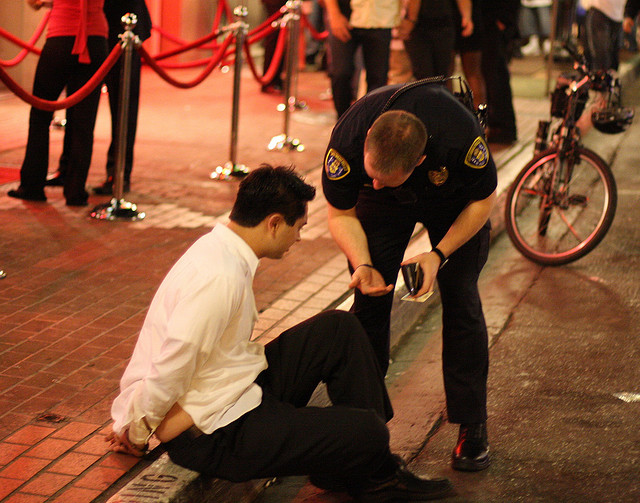U.S. Supreme Court – Warrant Required for Cellphone Search
Although we don’t practice criminal law, as a proponent of privacy rights I think everyone needs to be aware of the U.S. Supreme Court’s unanimous decision that requires a warrant to search cell phones during an arrest.
Today’s cell phones & tablets store entire histories of our lives. Pictures, passwords, bank accounts, financial records, social security numbers; not to mention our calendars, notes, phone numbers and things we store in Evernote, Facebook, and Dropbox. Our “smart” devices aren’t just a treasure trove to thieves but also to law enforcement who may or may not have a valid right to access them.
Search and Seizure and Miranda Rights
If you’re arrested or detained by a law enforcement officer, your rights under Miranda allow you to remain silent. But your cellphone in your pocket or on the seat next to you, can do a lot of talking!
Police were using historical exceptions to perform searches without a warrant to search your phone as far back as 2010. Stop & frisk – where police can search you before questioning you, public school searches, or searches of cars during arrest and detainment, were all used by the police as excuses to search through smart devices. The police could peruse and find anything they could on cell phones. That data could create really damaging results.
As far back as 2011, attorneys have been advising people to add passwords and other access controls to their smart devices. Under Miranda, your right to remain silent protected you from having to answer questions about your password. The police couldn’t force you to tell them the password or access control without a warrant and your right to remain silent was your greatest tool.
Riley vs California (U.S. Supreme Ct 13-132 6/25/2014) and Wurie vs California (U.S. Supreme Ct 13-212 6/25/2014)
Police in two separate California cases used data from cellphones to convict or seek more serious convictions against the owners. During both trials the defendants tried to suppress the use of the cellphones as illegal searches, but the California Courts held that the cellphone data was admissible.
Now, The Supreme Court has ruled that search warrants should have been required to search through smart data.
The Court clearly stated its understanding that modern cellphones with their vast amount of storage can store years worth of data. That data doesn’t stand alone. Like a letter or picture found in a wallet it interrelates with other material. A picture may be just a picture. But on a smart device that picture along with emails, texts, stored documents and the like provide a much more correlated picture than just a single item.
The Court also recognized that data visible on a smart device can be stored on a remote server. Although not specified by the Court, clear recognition that the phone is an access point for storage sites like Evernote, Facebook, Dropbox, SkyDrive for example, creates a far greater extension of the limits of the data available.
The Court held that the police can’t generally search digital information on a cell phone seized during an arrest without a warrant. “The warrant requirement is an important component of the Court’s Fourth Amendment jurisprudence, and warrants may be obtained with increasing efficiency.” (Justice Roberts).
It is notable that in an emergency or exigent case that SCOTUS did reserve the right to permit the cell phone’s search without a warrant. The same requirement for the police to prove the exigent circumstance will still apply.
Although we’d still recommend using passwords and access controls to your smart devices, it’s a very welcome recognition by SCOTUS that the importance of privacy rights have to be balanced against the needs of law enforcement.
Featured Image: Arrested by Nathan Rupert on Flickr
